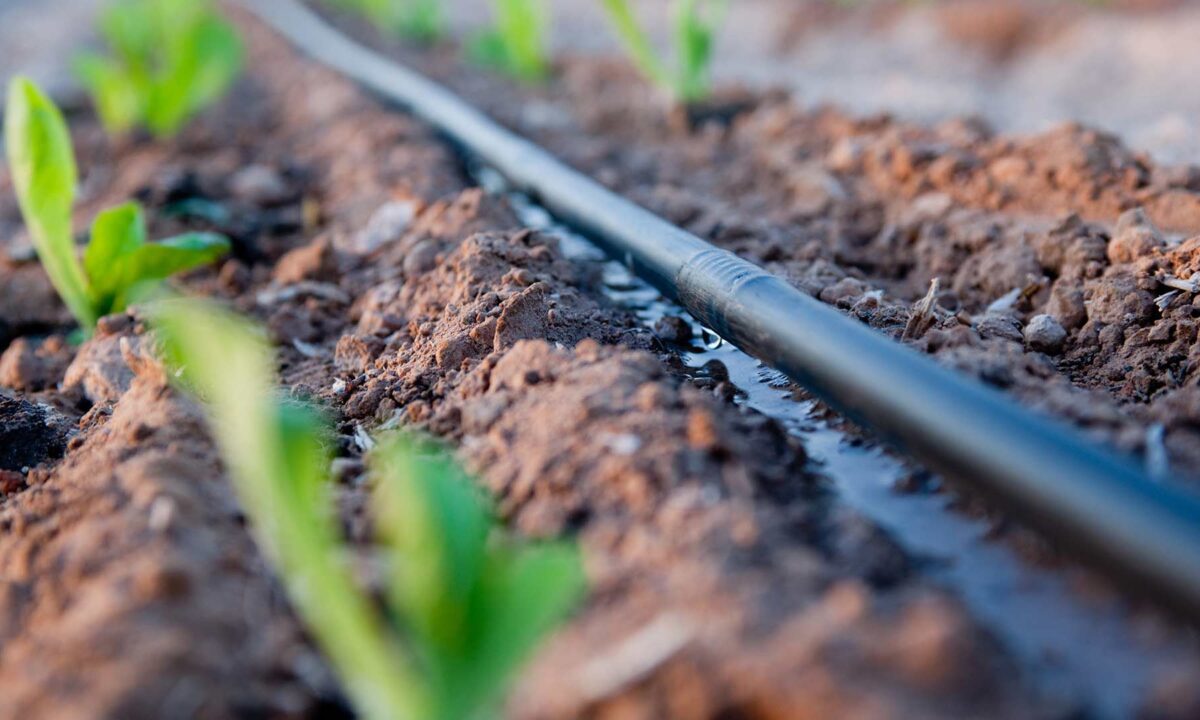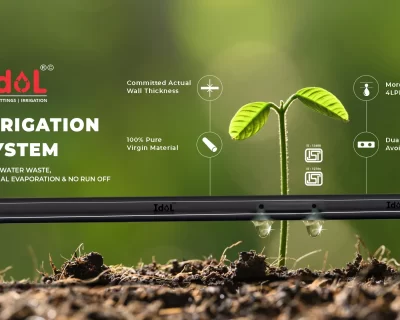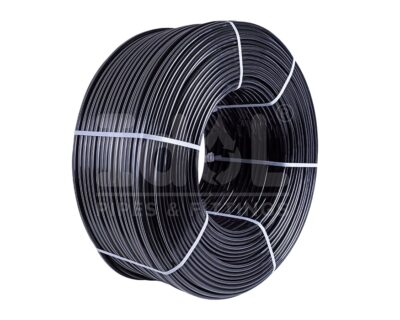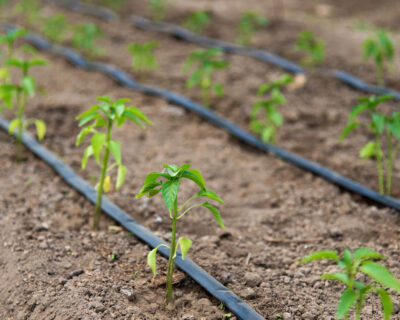Updates

Exploring the Wonders of Drip Irrigation System in South Africa
In the heart of South Africa, where the sun kisses the earth with its warm embrace, lies a revolutionary way of nurturing crops – the drip irrigation system. Let’s embark on a journey to uncover the marvels of this innovative agricultural technique, tailored to the unique landscape of South Africa.
Understanding Drip Irrigation
Drip irrigation, simply put, is a method of watering plants by delivering water directly to their roots through a network of tubes and emitters. Unlike traditional methods like flooding or sprinkler systems, drip irrigation provides a controlled and precise amount of water, ensuring maximum efficiency.
Benefits of Drip Irrigation
Conservation of Water: Drip irrigation significantly reduces water wastage by delivering water directly to the plant roots, minimizing evaporation and runoff.
Optimized Nutrient Delivery: This system allows for precise nutrient delivery, ensuring that plants receive the right amount of nutrients for healthy growth.
Weed Control: By targeting water delivery to the plant base, drip irrigation inhibits weed growth between rows, reducing the need for herbicides.
Components of a Drip System
A typical drip irrigation system comprises three main components: a water source, a distribution network (tubing and emitters), and a filtration system to prevent clogging.
Customization and Flexibility
One of the key advantages of drip irrigation is its flexibility. Farmers can easily adjust the system according to the specific needs of different crops, soil types, and weather
FAQs
Q: How does drip irrigation save water?
A: Drip irrigation saves water by delivering it directly to plant roots, minimizing evaporation and runoff.
Q: Can drip irrigation be used for all types of crops?
A: Yes, drip irrigation is highly versatile and can be customized to suit the needs of various crops.
Q: Is drip irrigation expensive to install?
A: While initial installation costs may vary, the long-term benefits outweigh the upfront expenses.
Q: What maintenance is required for a drip irrigation system?
A: Regular checks for clogs, proper filtration maintenance, and occasional repairs are essential for optimal performance.



